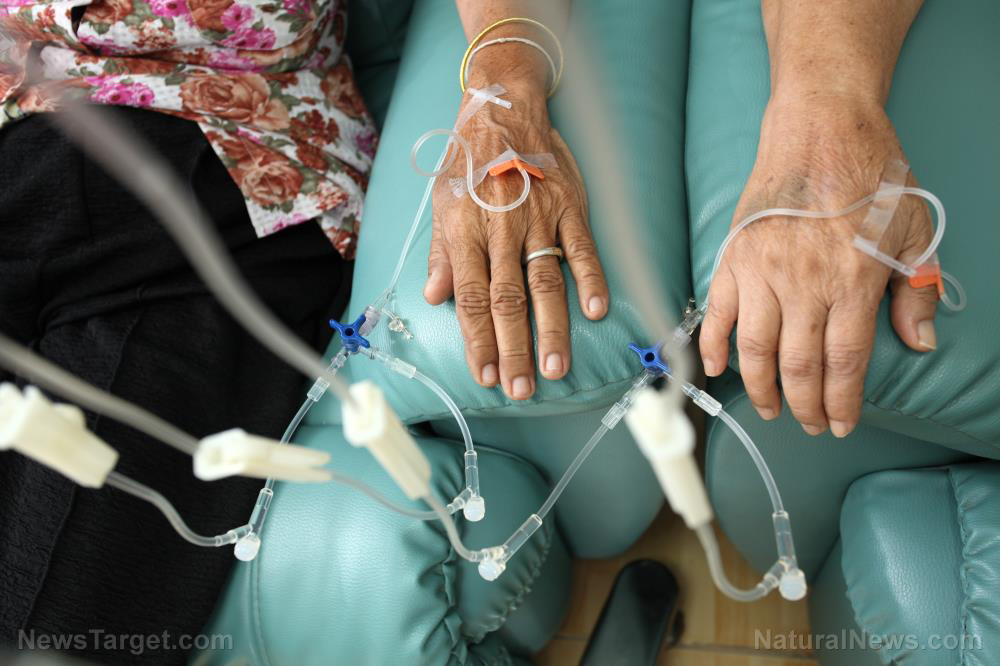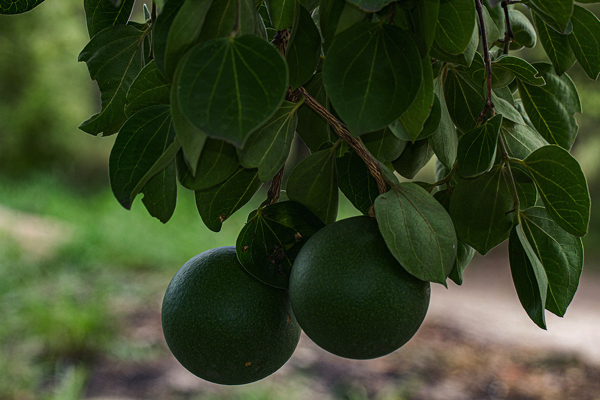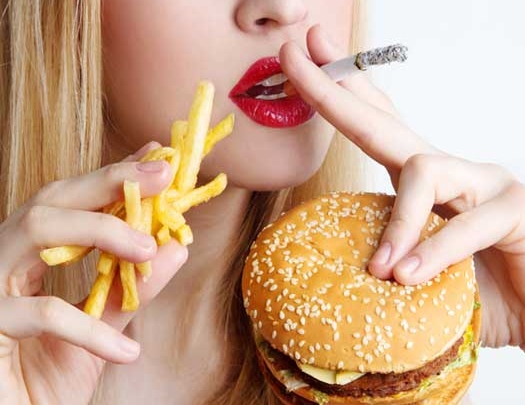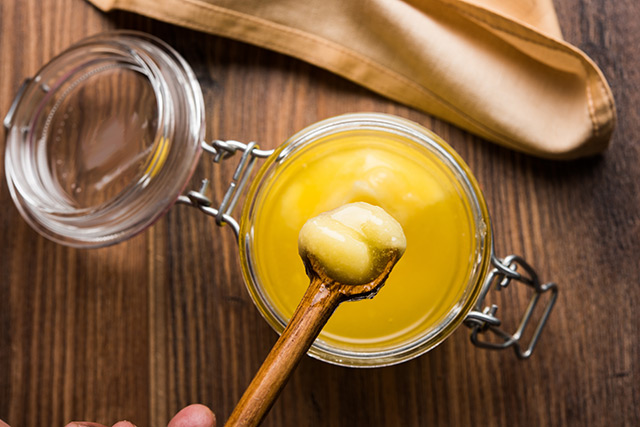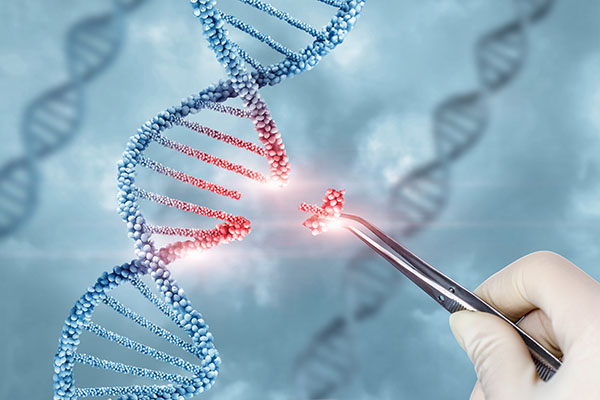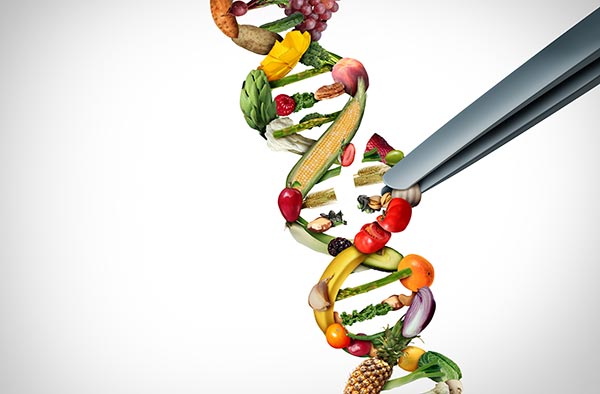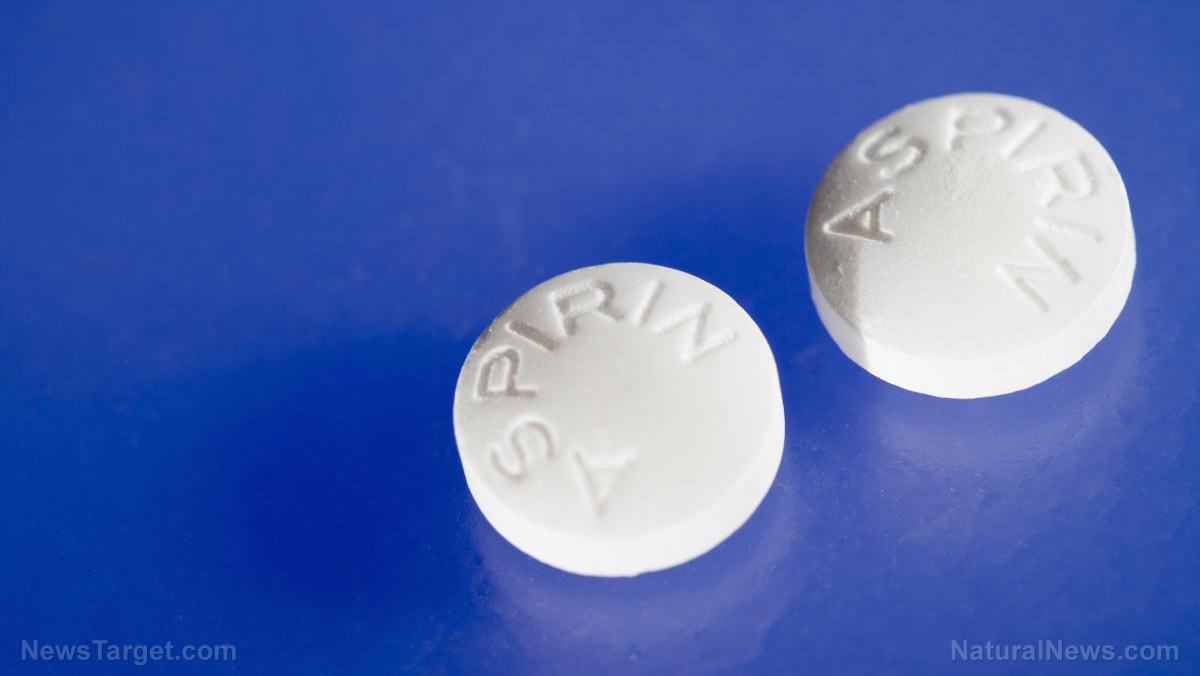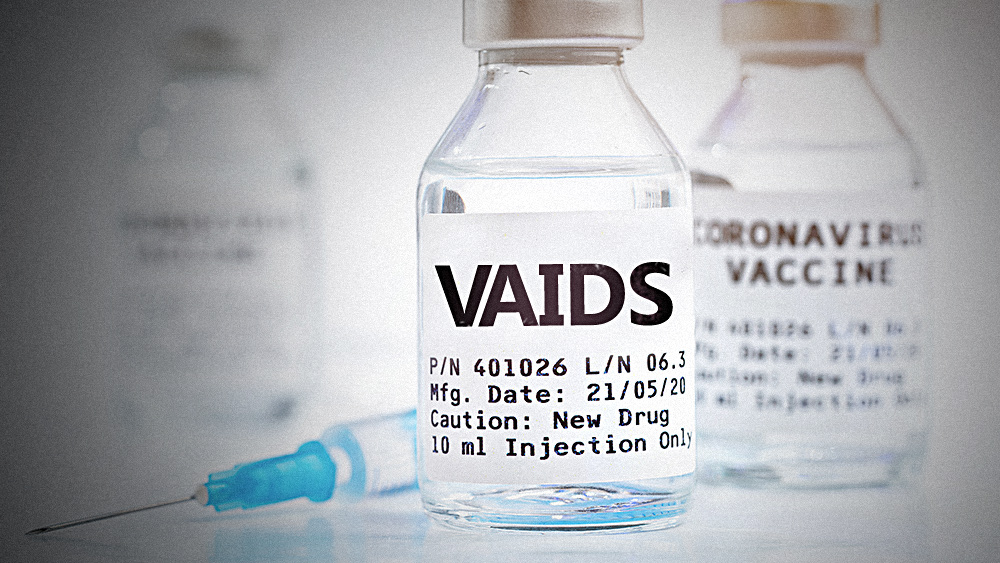Low-carb diet could replace meds for type 2 diabetes, study finds
05/07/2025 / By Cassie B.
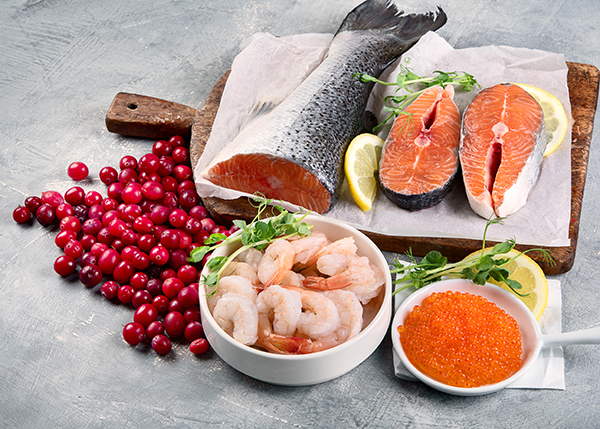
- A low-carb diet reverses pancreatic damage in Type 2 diabetics, outperforming drugs by doubling insulin production in 12 weeks without weight loss or medications.
- The study exposes how Big Pharma profits from symptom-masking drugs that worsen pancreatic function, while dietary changes restore beta-cell health naturally.
- Standard diabetes treatments like metformin and insulin cause harmful side effects and dependency, but a low-carb approach eliminates glucose spikes and medication needs.
- Racial disparities in insulin response highlight the need for personalized nutrition, with African Americans seeing a 110% improvement in early-phase insulin production.
- Diabetes is reversible through carb restriction, offering lasting remission and reducing healthcare costs, unlike drugs that merely delay complications.
In a groundbreaking study that exposes the failure of Big Pharma’s profit-driven approach to diabetes, researchers at the University of Alabama at Birmingham discovered that a simple low-carbohydrate diet can reverse pancreatic damage in Type 2 diabetics, which is a remarkable feat that no drug on the market has ever achieved.
Published in The Journal of Clinical Endocrinology & Metabolism, the research reveals that slashing carbs to just 9% of daily calories doubled insulin production in participants within 12 weeks, without weight loss or medications. This natural solution not only outperforms expensive pharmaceuticals but also exposes how the medical-industrial complex profits from keeping patients sick.
For decades, diabetes has been treated as a “manageable” condition with escalating prescriptions, such as metformin, insulin injections, and a cascade of side-effect-laden drugs that often lead to more health complications. Meanwhile, the root cause, pancreatic dysfunction driven by glycemic stress, goes unaddressed.
“This study shows that people with Type 2 diabetes on a low-carbohydrate diet can recover their beta-cells, an outcome that cannot be achieved with medication,” said lead author Dr. Barbara Gower, a nutrition scientist at the University of Alabama at Birmingham.
How Big Pharma’s model fails diabetics
The study’s results are a direct rebuke to the pharmaceutical industry, which earns billions annually from diabetes drugs designed to mask symptoms rather than cure the disease. Medications like insulin and sulfonylureas force the pancreas to work harder, accelerating burnout. In contrast, the low-carb diet restored pancreatic function by eliminating the glucose spikes that damage insulin-producing beta-cells. Participants saw a 110% improvement in early-phase insulin response (African Americans) and a 48% boost in maximal insulin output (European Americans), far surpassing drug outcomes.
Worse, standard diabetes treatments often create dependency. Metformin, the first-line drug, depletes vitamin B12 and causes digestive distress, while insulin injections risk dangerous hypoglycemia. In contrast, dietary intervention requires no prescriptions, copays, or side effects… just real food.
The science behind carb restriction
The study meticulously controlled variables, providing participants with meal plans to maintain weight, proving improvements were due to diet alone and not calorie reduction. A low-carb diet (9% carbs, 65% fat) triggered nutritional ketosis, reducing glucose toxicity that overwhelms beta-cells. Meanwhile, the high-carb group (55% carbs) saw no significant changes, highlighting how mainstream dietary guidelines perpetuate diabetes.
The research uncovered striking racial disparities. African Americans, who face higher diabetes rates, experienced a 110% surge in acute insulin response on low-carb diets, likely due to genetic predispositions to insulin overproduction under glycemic stress. European Americans saw maximal insulin capacity rise by 48%. These findings underscore the need for personalized nutrition over one-size-fits-all drug protocols.
A path to remission without drugs
Unlike temporary fixes, carb restriction offers lasting healing. In a prior 48-week trial, 70% of low-carb participants reduced medications by half. “People with mild Type 2 diabetes who reduce their carbohydrate intake may be able to discontinue medication and enjoy eating meals and snacks that are higher in protein and meet their energy needs,” said Dr. Gower. Compare this to drugs that merely delay complications such as neuropathy, kidney failure, and amputations while lining corporate pockets.
Big Pharma’s reliance on sick-care is no accident. Diabetes medications generate $50 billion annually in the U.S. alone. Yet this study proves that a diet of whole foods such as meat, fish, and non-starchy vegetables can achieve what pills cannot: restoration.
As insulin resistance fuels heart disease, cancer, and strokes, the low-carb solution could save millions of lives and billions in healthcare costs.
The University of Alabama at Birmingham’s research is a wake-up call. Diabetes isn’t a life sentence but a reversible condition if we reject the drug-dependent paradigm. While Big Pharma peddles “management,” nature offers a cure: Eat real food, ditch the carbs, and reclaim your health. This study hands the power back to patients—where it belongs.
Sources for this article include:
Submit a correction >>
Tagged Under:
alternative medicine, Censored Science, diabetes, diabetes drugs, food cures, grocery, grocery cures, low carb diet, natural medicine, progress, remedies, research, Type 2 Diabetes
This article may contain statements that reflect the opinion of the author




